Jamie Oliver has a lot of recipes where you arrange all the ingredients in a shallow baking tray, stick it in the oven and Bob’s your Uncle. He calls them tray bakes.
This recipe was inspired by that idea and by the fact that I still have quite a bit of pesto which I froze in ice cube trays last summer. I want to use it before summer starts and the fresh basil in the garden is ready to use. Frozen pesto is useful in winter to spread on pizza bases (instead of tomato), to mix into pasta dishes or to garnish soups
This recipe really is easy, quick and delicious. The first photo shows the dish ready to go in the oven and the second one ready to serve.
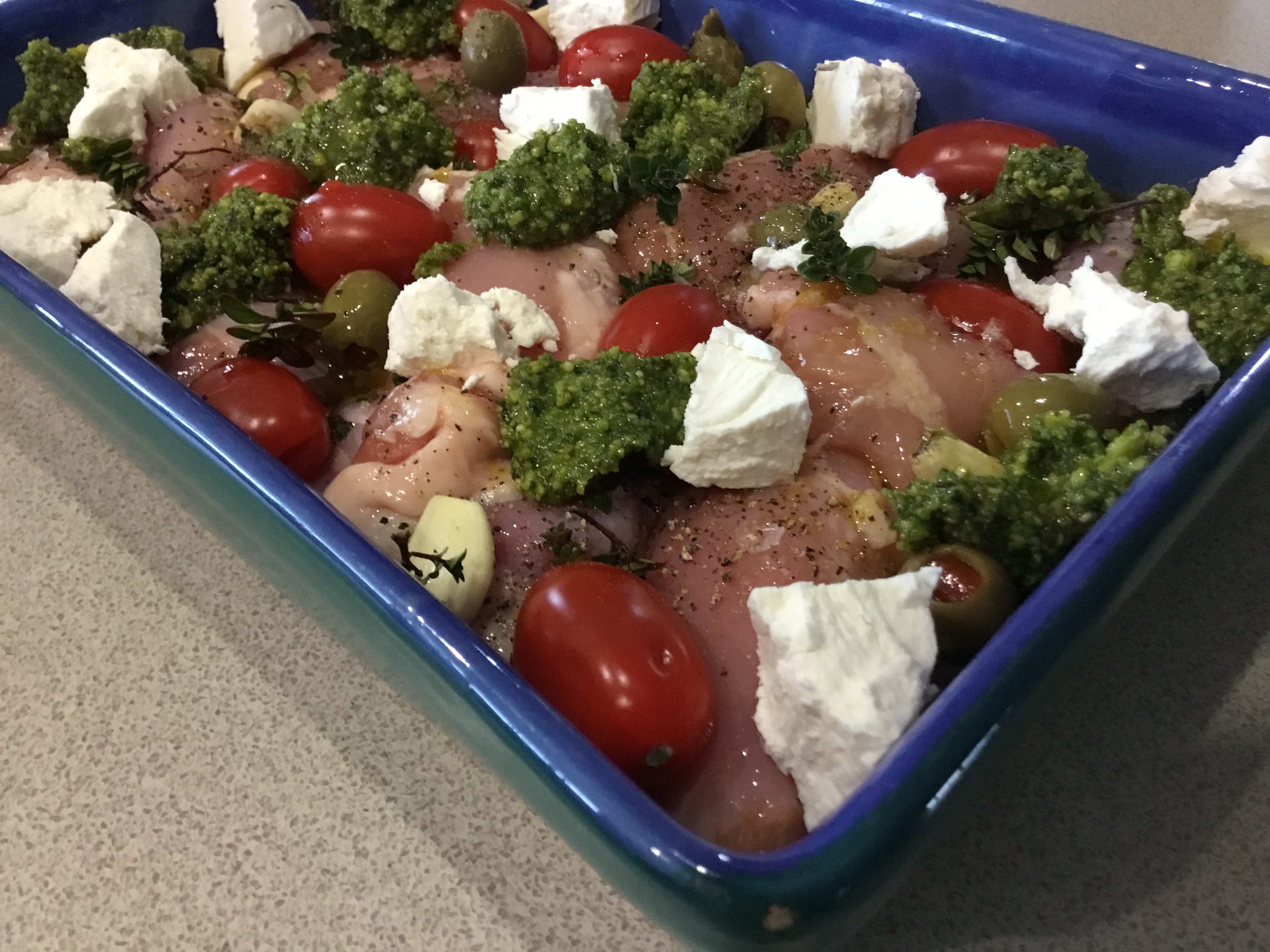
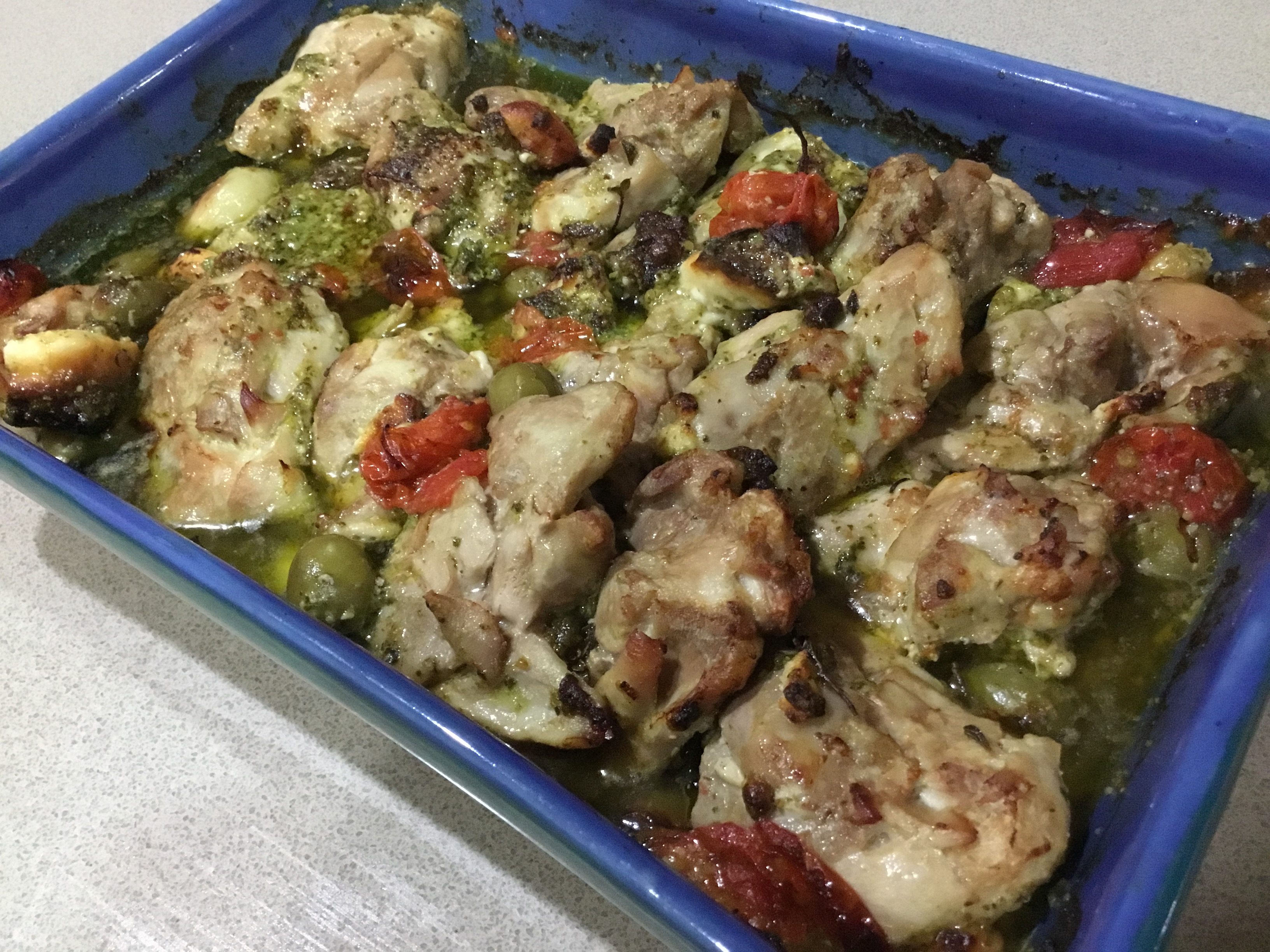
1 kg boneless, skinless chicken thighs
1 cup baby tomatoes
½ to 1 cup pitted olives, black or green
About 10 cloves garlic, peeled but left whole
½ to ¾ cup pesto (home made or bought)
125g creamy goat’s cheese or feta
Salt and freshly ground black pepper
Extra Virgin olive oil
A few sprigs of thyme (optional)
Preheat oven to 180°C. Trim chicken thighs and cut them in half. Arrange in one layer in a shallow baking dish tin. Arrange the tomatoes, olives and garlic evenly, tucking them in between the chicken pieces. Put blobs of pesto and small chunks of cheese evenly over the dish, season with salt and pepper, add a few small sprigs of fresh thyme (if available) and drizzle with some olive oil. Bake for 45 minutes, turning chicken over halfway through the cooking time.
Serve with couscous, rice, mashed potatoes or crusty bread, to soak up the juices and a mixed salad.
Serves 4
Variations: use chicken drumsticks or thighs with bones and skin.

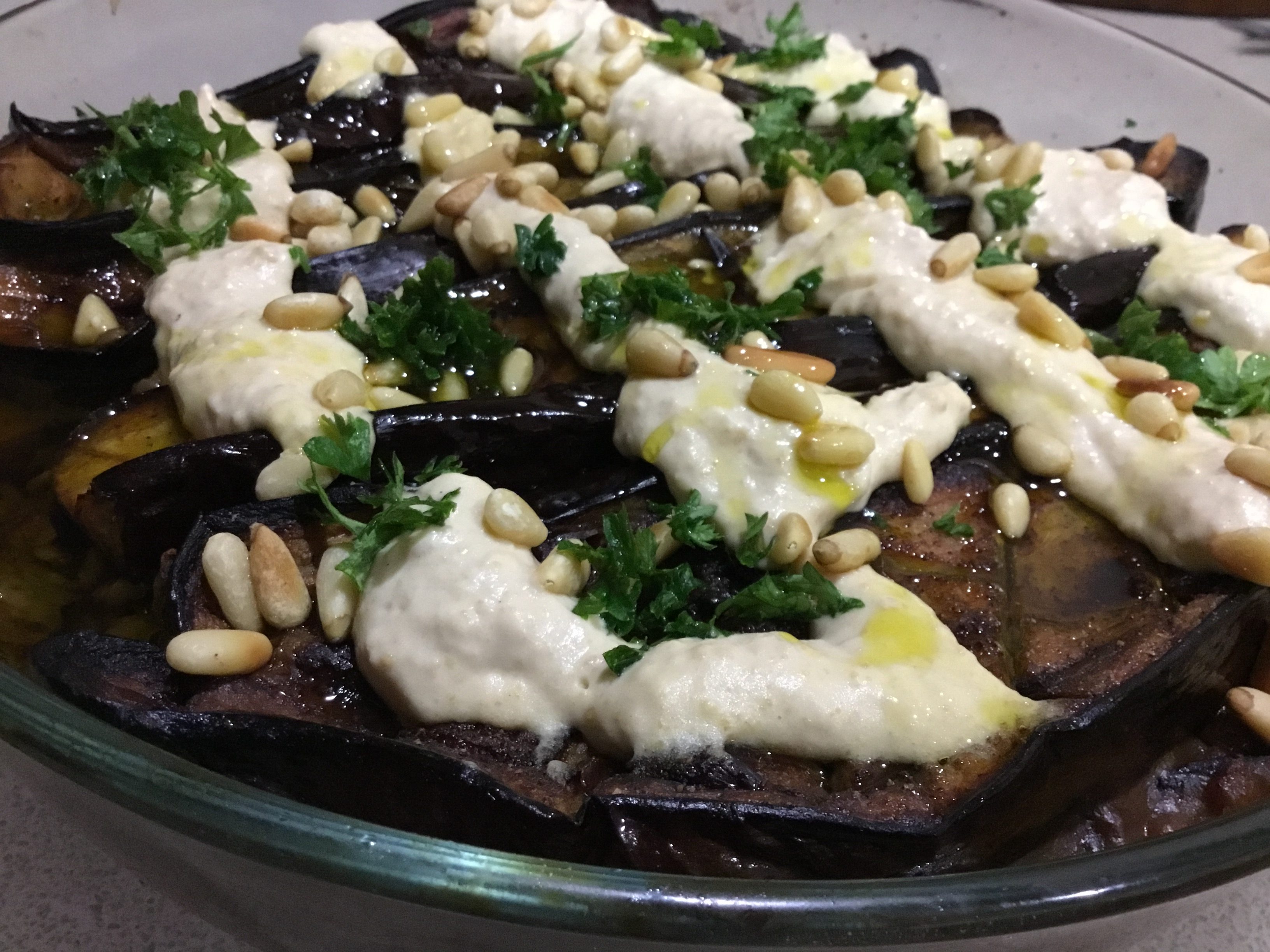
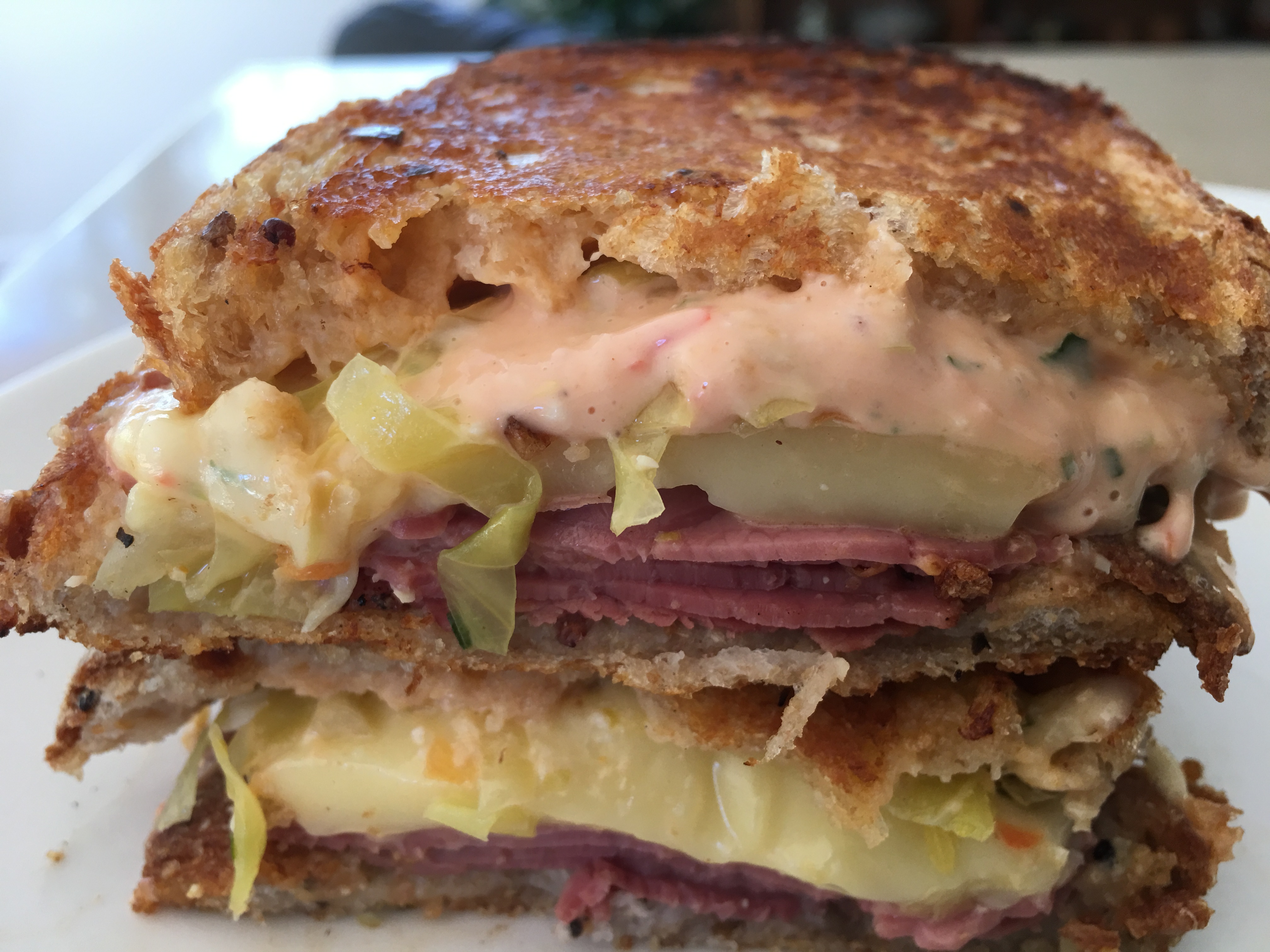
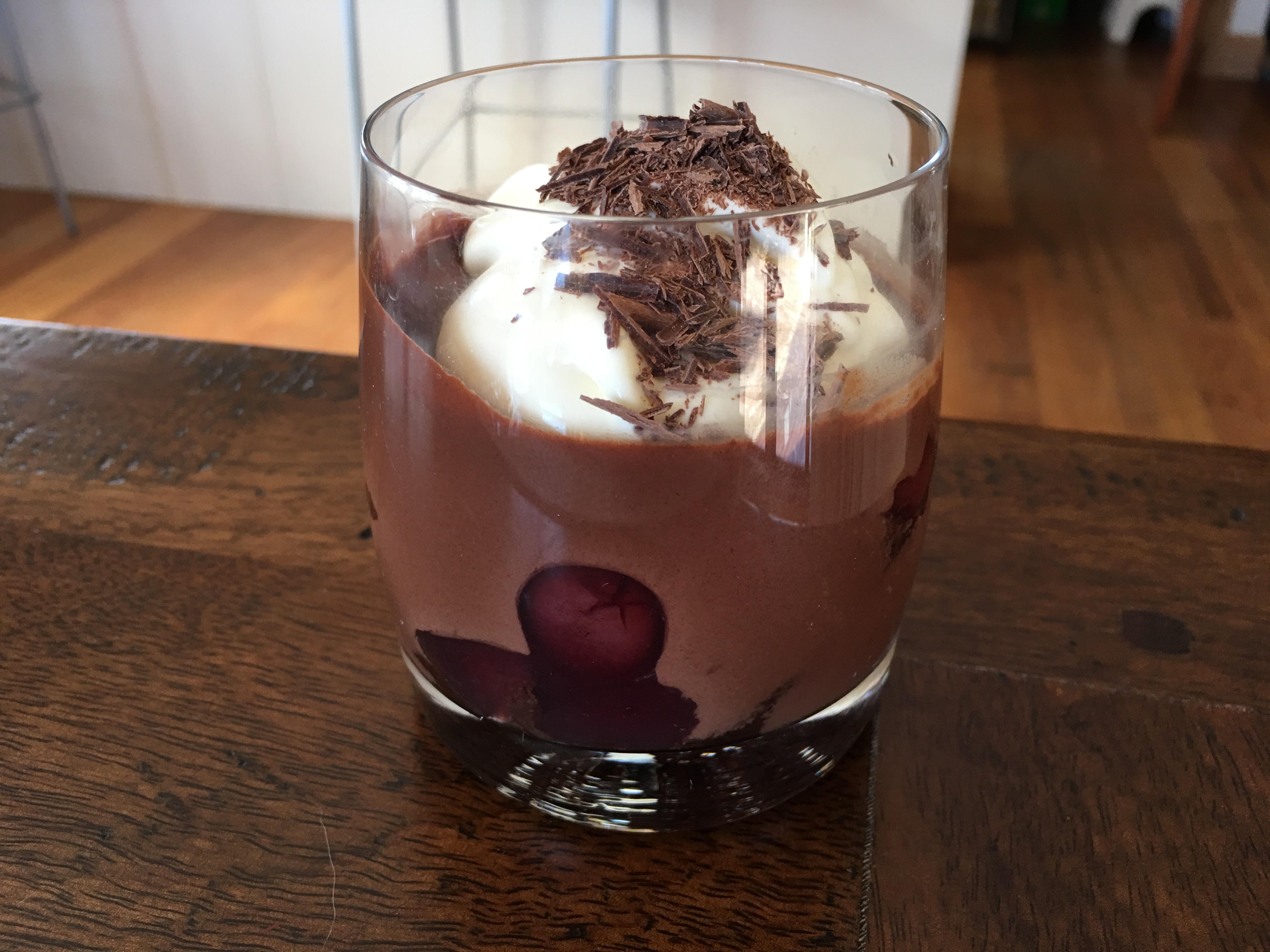
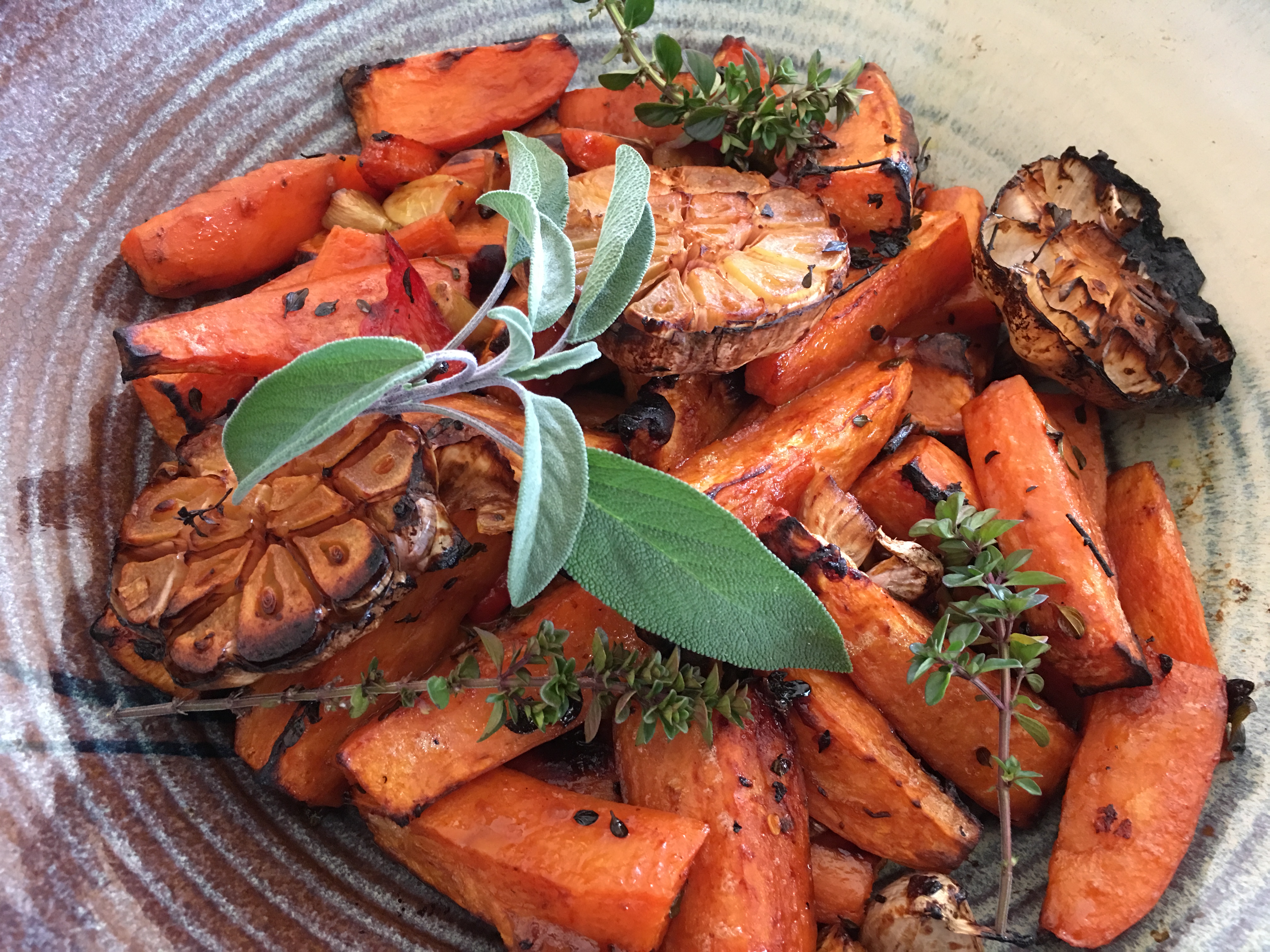
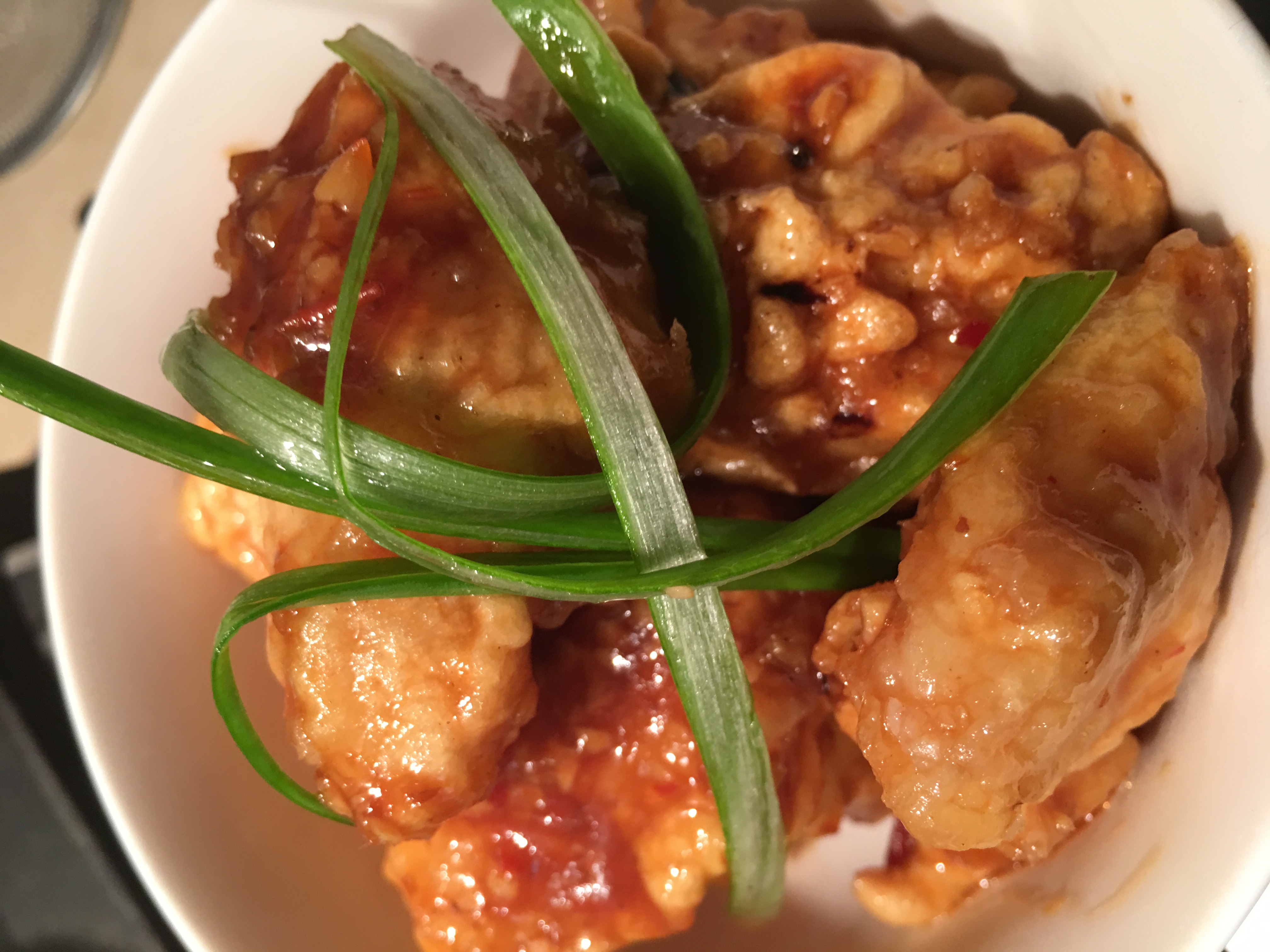
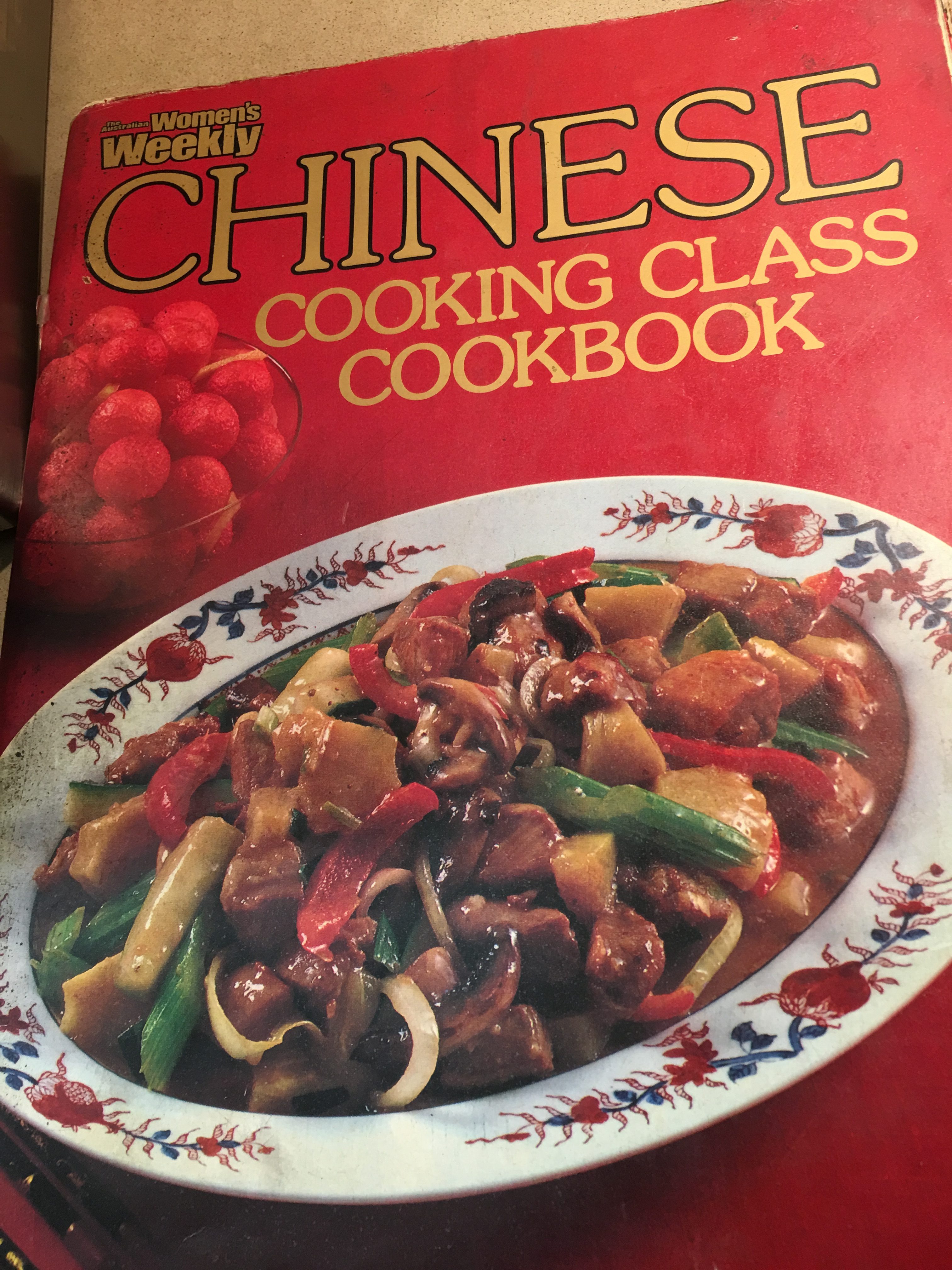
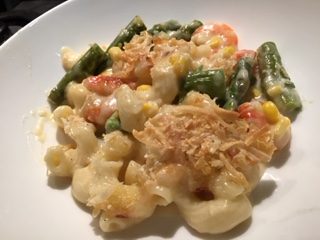
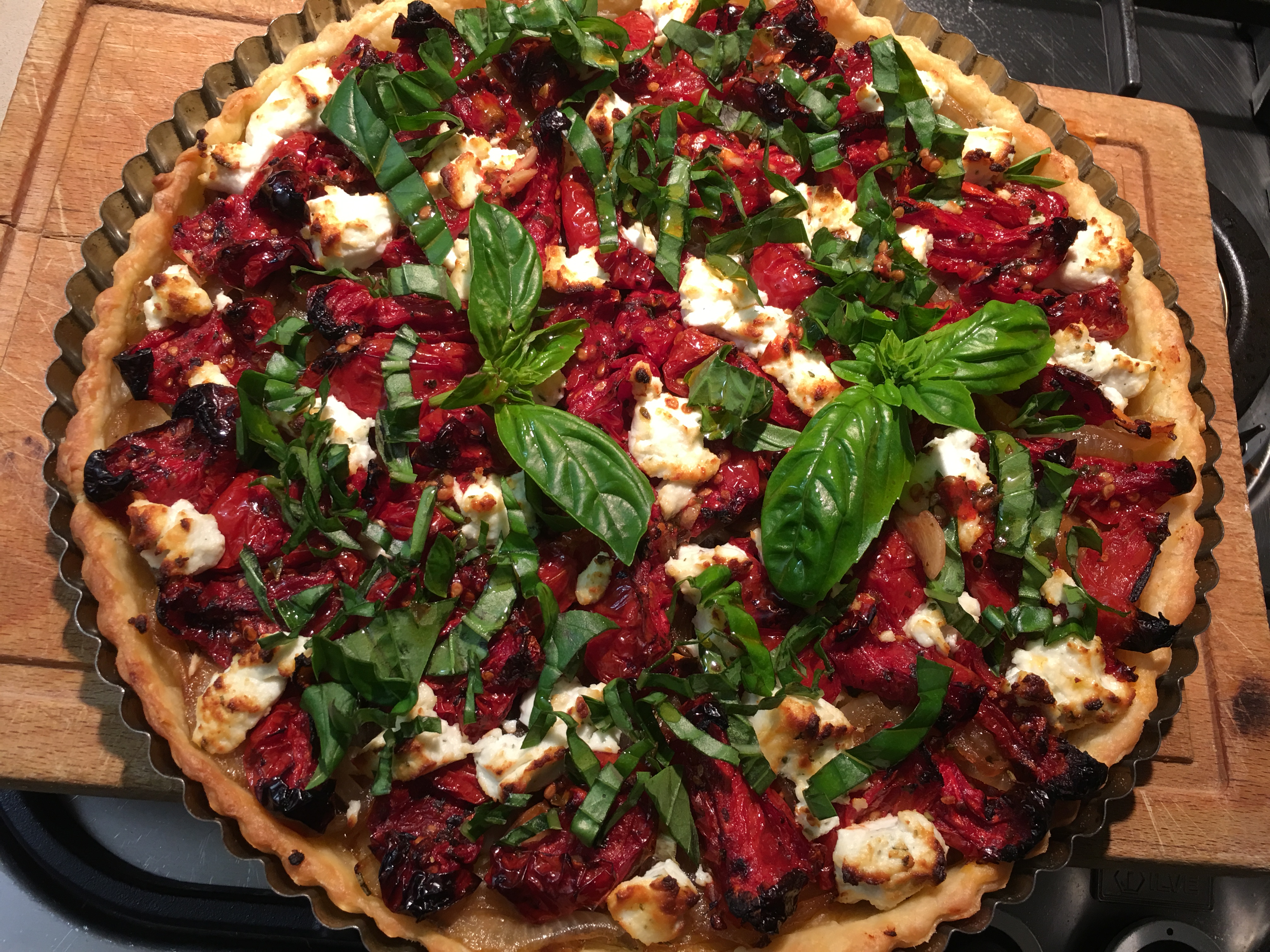
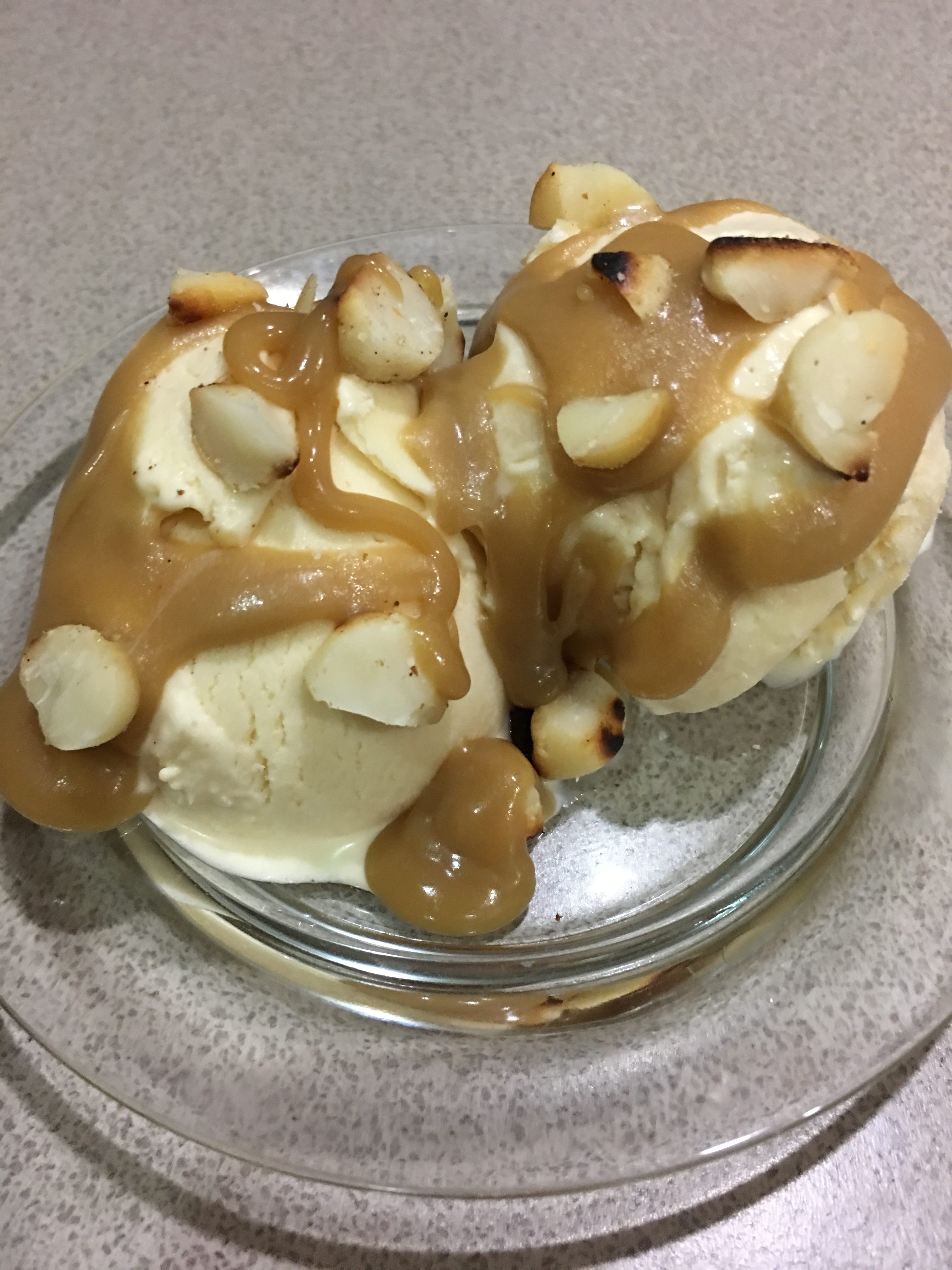
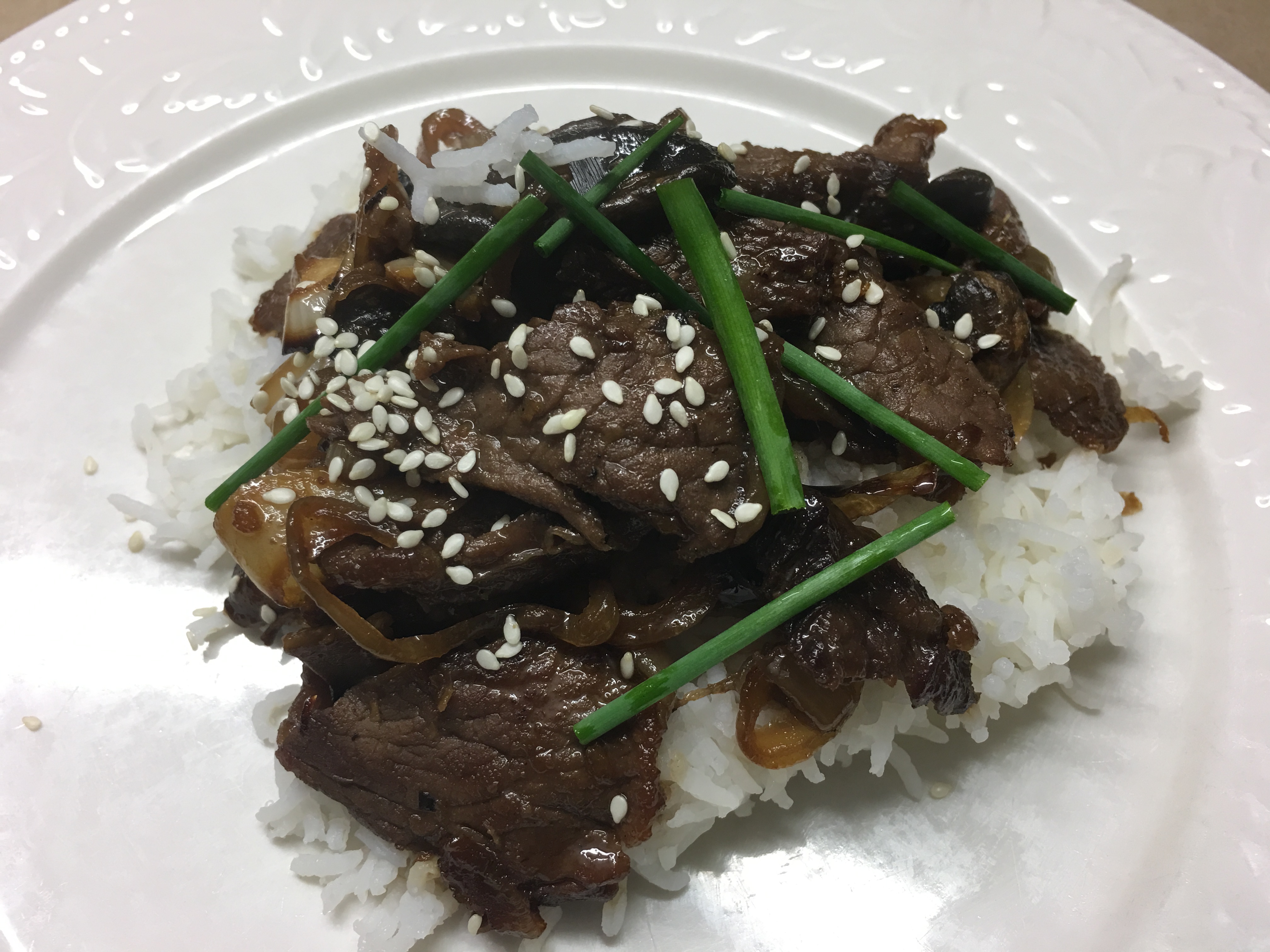 2 Tbs olive oil
2 Tbs olive oil